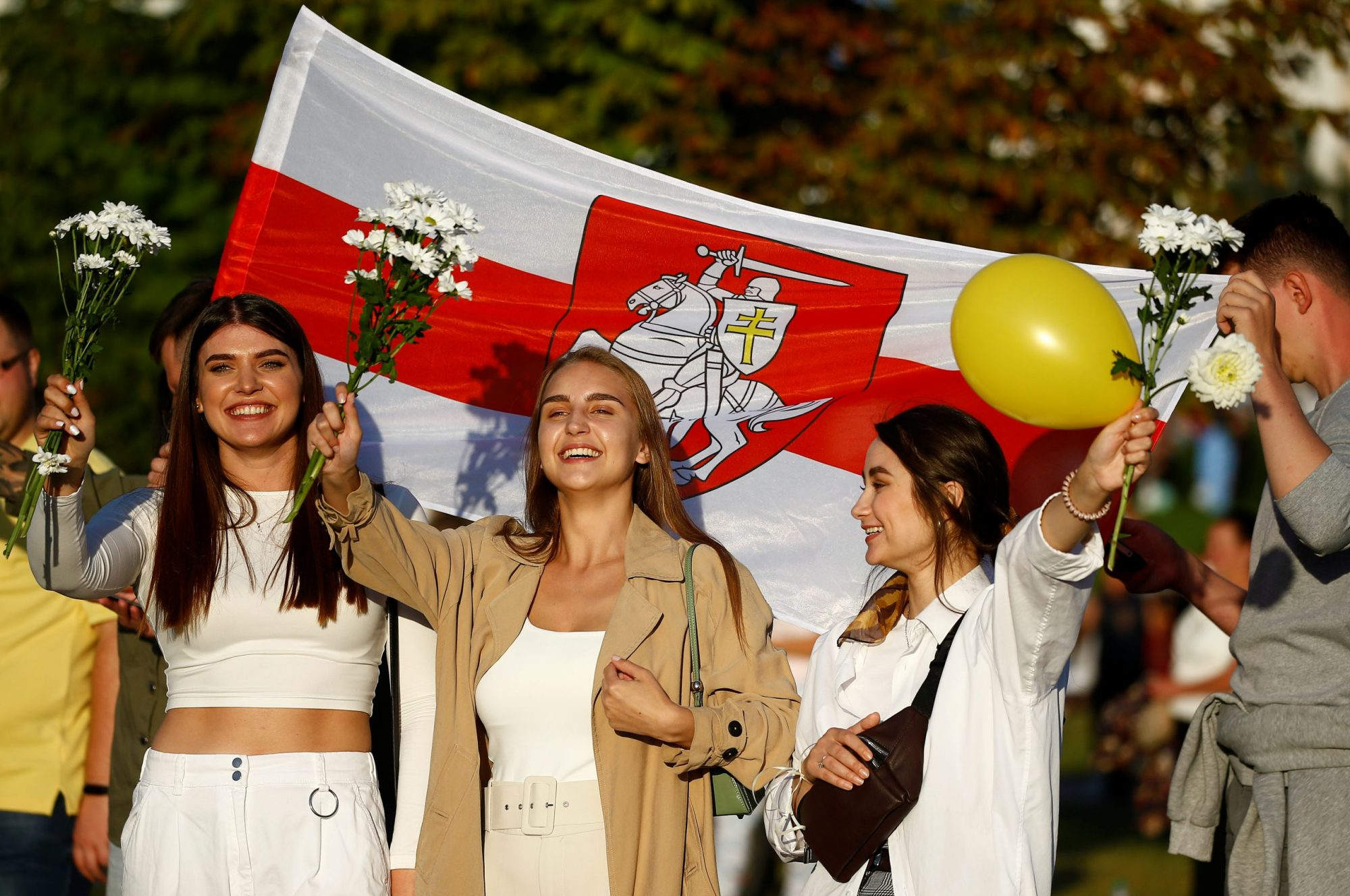As Belarus quickly moves towards democracy following the assassination of President Alexander Lukashenko, particular attention has been paid to the response of the Russian Federation… or lack thereof.
Despite a tumultuous period following the assassination, which involved protests, bombings, and shootings, the pro-democracy group has rather suddenly declared victory. “Democracy has won,” says newly declared Belarusian President Sviatlana Tsikhanouskaya “it is a bright new day for the Belarusian people.”
For years, Belarus has been firmly under the sphere of influence of Russia and its authoritarian President, Vladimir Putin. The new government, however, is democratic and fundamentally opposed to Russia. So far, it appears that Russia has allowed Western companies to waltz right into Minsk and support the newborn Belarusian democracy. Reports suggest that US government organizations are prepared to offer direct support to the new government, if they have not already. Russia is silent. There have even been talks of entering a treaty alliance with the United States or NATO. Russia, for their part, is yet to intervene.
Why would Russia allow a Western democracy to spring up in a country merely 451 kilometers away from the city of Moscow? This lack of an active military response is a stark contrast to the former Soviet Union, which built up several layers of puppet buffer states as part of the “Iron Wall” to protect the Russian homeland. One of the only possible explanations for this lack of action is that we are witnessing the decline of Russia’s power; perhaps, Russia is incapable of maintaining a large sphere of influence, and perhaps it may lose even more influence over Europe to the West and to NATO.
Belarus’ democracy is young and fragile. Should it seek to survive, it will face many challenges in the very near future, but the Russian threat from the near east could prove less fatal than it first appeared.


